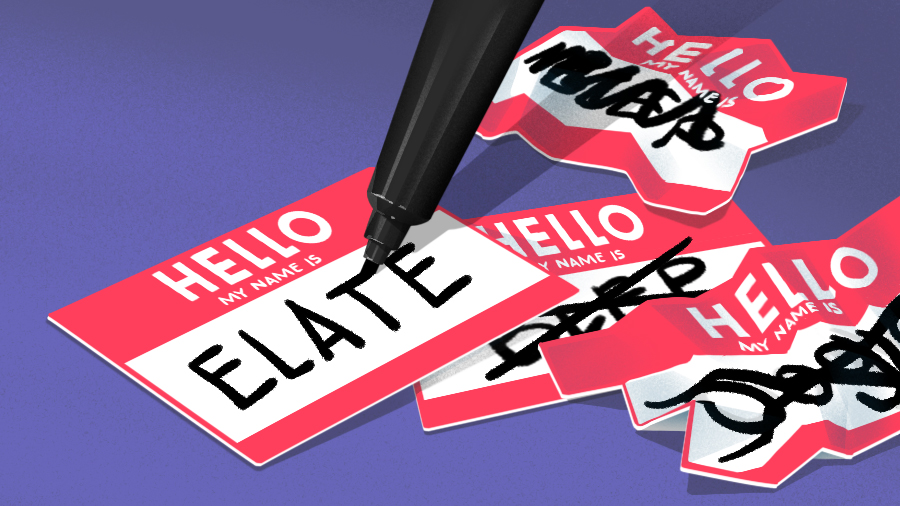Unconventional spelling has long been a go-to route for startups seeking a name that’s both recognizable and unique.
Sometimes it works out. Companies like Lyft, Grindr and Scribd built businesses memorable enough that we know how to both spell and pronounce them. In the consumer brands realm, meanwhile, Krispy Kreme, Cheez-It, and Chik-fil-A have also done pretty well.
While startup naming trends come and go, misspelled monikers have shown staying power. They were so popular a few years ago that we often saw multiple companies with the same spell check-triggering names in the Crunchbase dataset.
These days, however, newer startups don’t seem quite as enamored with unconventional spellings. Overall, we’re seeing a broad shift toward more serious-sounding names. Amid a tough fundraising environment, founders are seeking names they think will appeal most to investors.
Still seeing some misspellings
That doesn’t mean misspelled names are going away. A Crunchbase analysis of funded companies founded in the past couple years found numerous examples, including the 15 highlighted below.
Topping our list is one of the most heavily funded seed companies around: Skild AI. The Pittsburgh company raised $300 million in July to build “robot brains.”
Other examples include Odysee, a developer of AI decision-making tools for the aviation industry, Vybe, an AI image-making app, and Fibr, an AI personalization platform for brands.
Domain name availability has historically been one driving factor behind the perennial popularity of unconventional spelling. Securing a domain for a correctly spelled, common noun tends to be either infeasible or prohibitively expensive.
A fading trend?
At a time when people are increasingly searching online via voice, however, misspelled names have disadvantages.
That’s the perception of Bruno Benedini, a founder of branding consultancy Taillight. While a name like, for example, Lyft, works just fine typed into a search engine, he observed, a voice search would likely return results spelled “lift.”
For well-established brands, voice interfaces should be sophisticated enough to deliver results with unconventional spellings. But for obscure startups, Benedini said, unusual spellings could present a problem.
Additionally, there’s research indicating that consumers prefer conventional spelling. A study by marketing professors at Ohio State University and University of Notre Dame found that people were more enthusiastic to try a new beverage called “Clear” than an identical one branded as “Klear.”
Consumers also opted for products with familiar spellings when given a choice between brands labeled Distilled and DSTLD. Some study participants later relayed that to them, the offbeat spellings seemed like a marketing gimmick.
The rode ahed
Looking forward, it seems unlikely misspelled startup monikers will go away entirely, particularly in the crowded market for English language names.
It should also be taken into account that, even without brands, English contains tons of homophones, or words that sound exactly the same but are spelled differently. Think of here and hear, bear and bare, whether and weather, and the list goes on.
It’s not like English is always phonetically logical to read either. As such, one might expect those communicating in a language that already embraces a lot of unconventional spelling not to be surprised to see brands follow suit.
Related Crunchbase Pro list:
Related reading:
- How Startups Stopped Being Fun
- Startups Names Stay Strange As Bad Spelling Proliferates
- Startup Names Are Still Getting Less Silly

Stay up to date with recent funding rounds, acquisitions, and more with the Crunchbase Daily.
 3 months ago
22
3 months ago
22